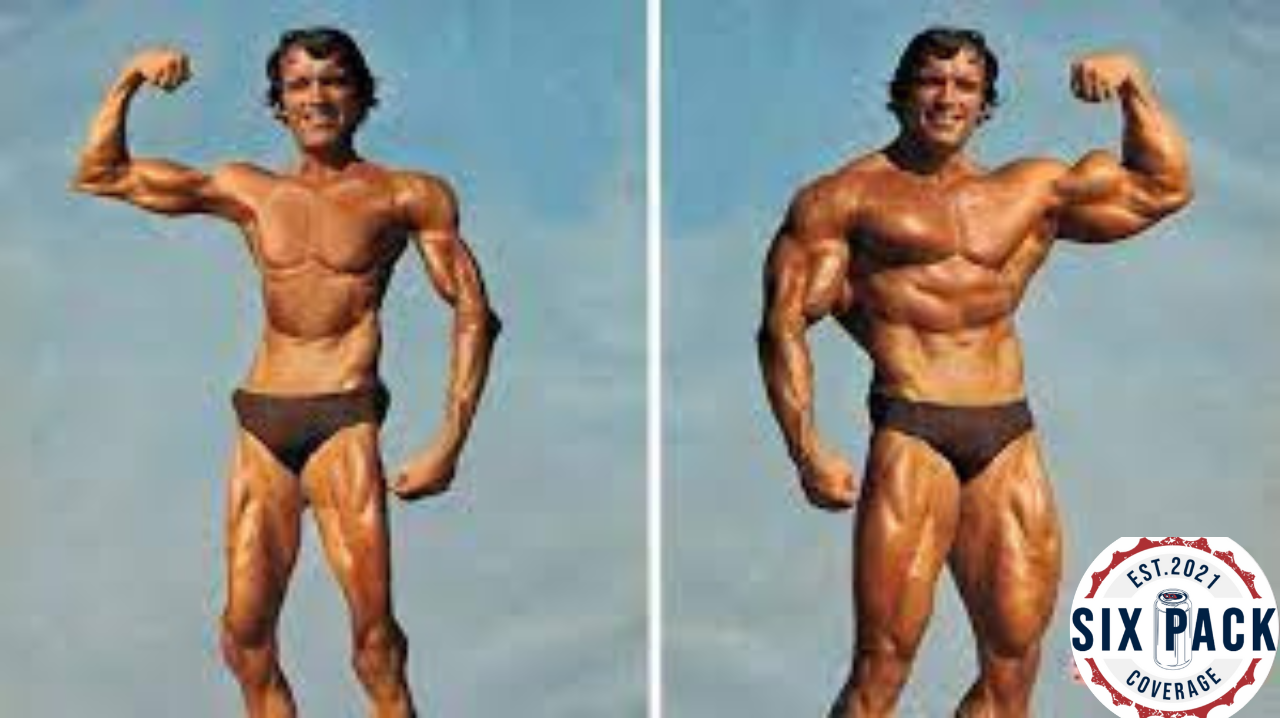How Fast Do You Actually Lose Strength?
By: Andrew
Muscle mass loss, which might limit your ability to lift weights or lug home your eggs and bananas (my diet), isn’t likely to be significantly impacted in 2-3 weeks time, though this too depends on several factors, including age, diet, sleep hygiene, and your fitness level before you take a break. There is a great study that was published over quarantine in May 2020 in the International Journal of Exercise Science in which researchers found that even three weeks of detraining doesn’t decrease muscle thickness, strength, or performance in sports in a group of 21 male adolescent athletes.
An older study suggested that age is a huge factor when it comes to losing (or not losing) muscle strength. Researchers looked at the effects of strength training and detraining on adults in two age groups: 20- to 30-year-olds (18 participants) and 65- to 75-year-olds (23 participants). After nine weeks of resistance training, all participants increased their one-repetition maximum strength (the younger group by 34 percent, and the older group by 28 percent). After 31 weeks of detraining, the younger adults lost just 8 percent of the strength they had gained, while the older adults lost 14 percent. According to the study, loss of strength happens more quickly as we age, although it decreases far slower than cardiovascular fitness.
The VERDICT:
Age seems to be the biggest factor when it comes to losing strength gains and muscle mass. I can tell you from my experience, even if I take a 1-2 weeks off from the gym, when I come back I feel like I haven’t been in a damn month which is a little counter intuitive from the IJES study that was done but that’s just my old ass reacting the way a normal 28 year old should.


